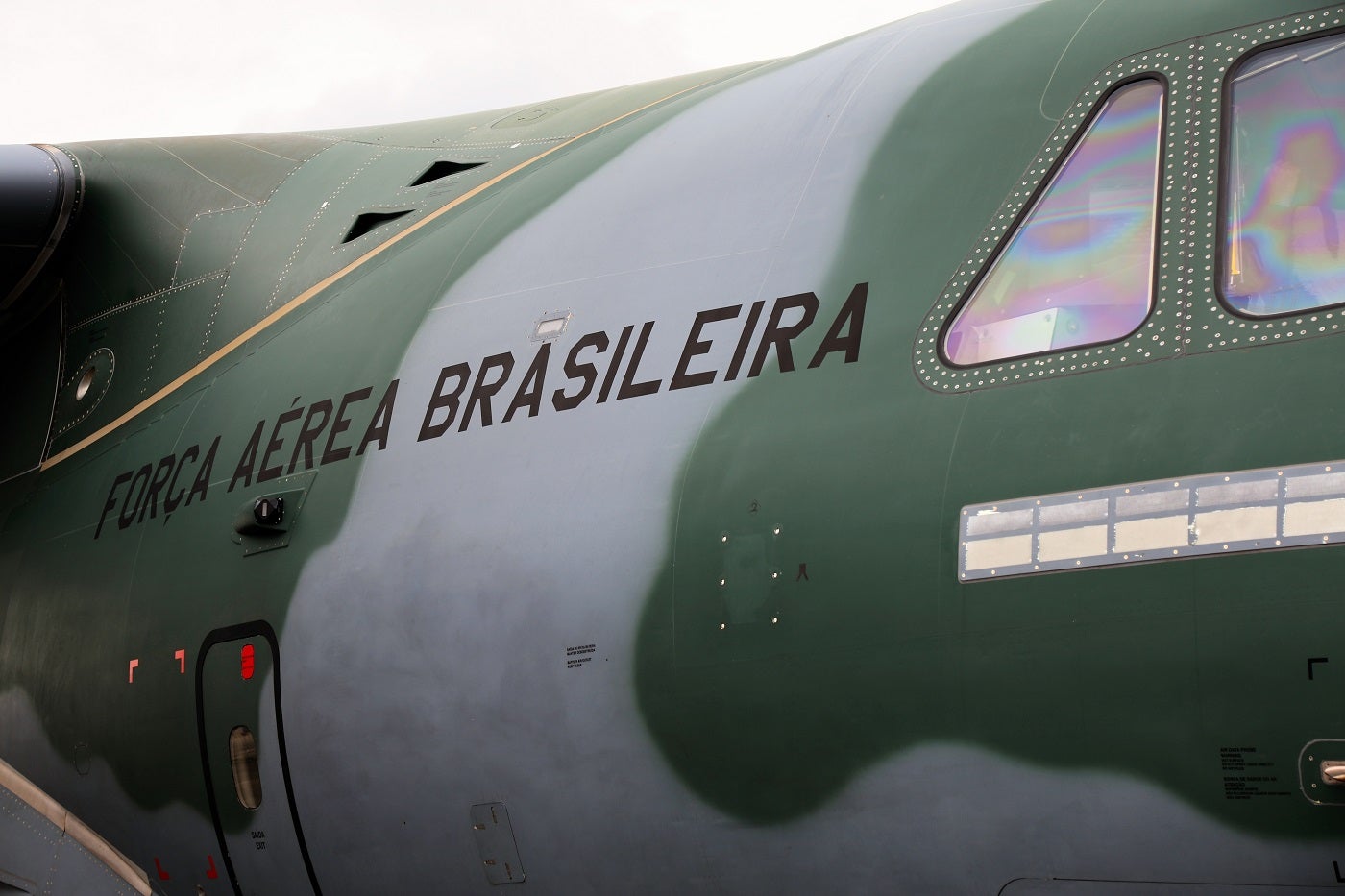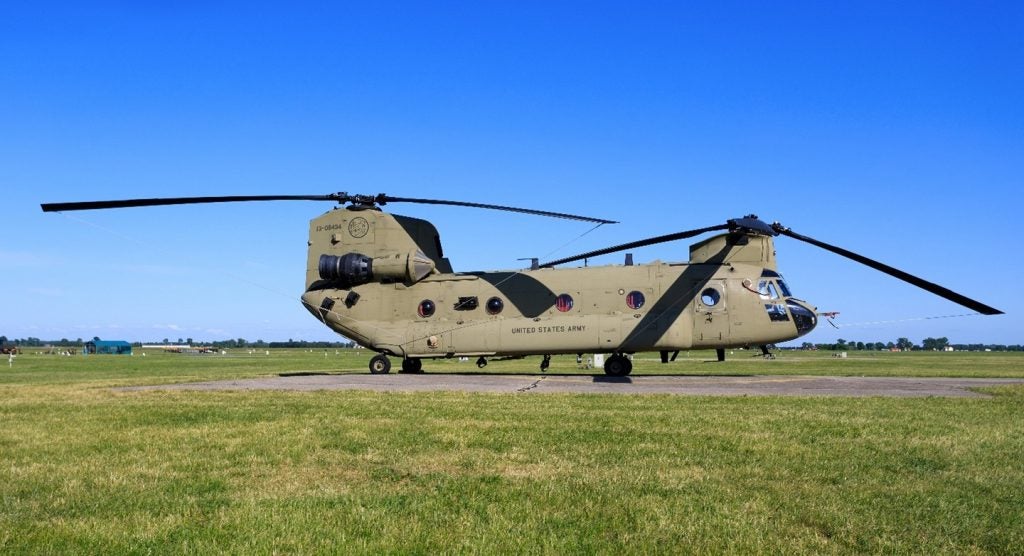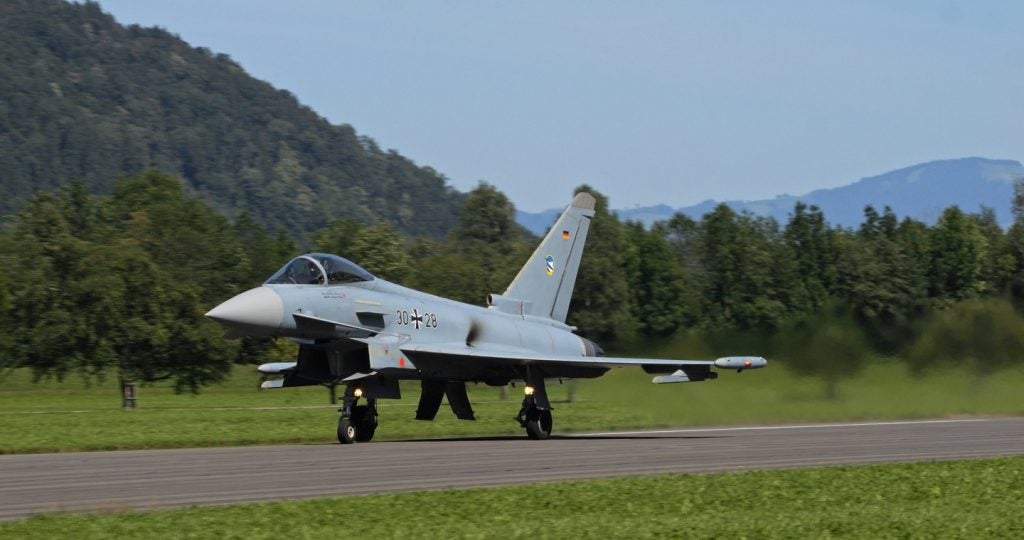
Embraer, an aerospace company, and the Brazilian Air Force have announced their collaboration on a midlife upgrade program for the A-29 Super Tucano aircraft.
The A-29, which has proven its versatility in various missions including training, air interception, and surveillance, and the renowned Air Demonstration Squadron (EDA), known as the “Smoke Squadron,” will receive updates to enhance its operational capabilities and extend its lifespan.
Improving indigenous capabilities
Bosco da Costa Junior, President and CEO of Embraer Defense & Security, emphasised that the Brazilian Air Force will benefit, predicting: “The Brazilian Air Force will be able to count on the extensive list of updates implemented throughout the life of the aircraft, which have kept the platform technologically up to date without impacting the low operating cost,”.
Da Costa Junior also highlighted that if the Brazilian Air Forces identify additional functionality and capabilities that still need to be developed, Embraer is prepared to meet those demands. “During the studies, if FAB assesses the need for new functionality and capabilities that have not yet been developed, it is possible for Embraer to develop and implement on a demand basis.”
The MLU program aims to introduce numerous updates and advancements to the A-29 Super Tucano fleet. These include implementing a fifth-generation avionics system with expansion capacity, upgrades to the navigation and communication systems, expansion of available weapons systems, and enhancements to surveillance and self-protection sensors.
Additionally, the updates will improve situational awareness through improvements in the human-machine interface.
An adaptable plane with desires for Europe
With a fleet of 60 A-29 aircraft operating in five different squadrons, accumulating over 325,000 flight hours, the Brazilian Air Force relies heavily on the A-29 for a wide range of missions. The aircraft’s success has been recognised globally, with over 260 units delivered to more than 15 air forces worldwide, including the United States Air Force.
Various nations worldwide have added the A-29 Super Tucano to their inventory. Some examples include Lebanon, the Philippines, Nigeria, and, noticeably, the US delivered four A-29 Super Tucano aircraft to the Afghan Air Force in 2020. The variety of locations in which the A-29 Super Tucano is used exemplifies the plane’s versatility.
Embraer has recently launched the A-29N Super Tucano in a Nato configuration in an attempt to make the aircraft more accessible to the European market and to boost the success of the light-attack aircraft.
Embraer signed an MoU with the Portuguese defence industry to help boost this NATO strategy, with the Portuguese aerospace companies involved providing expertise and capabilities to help develop the Nato configuration of the Super Tucano.
The A-29 Super Tucano can operate from remote and unpaved runways, making it suitable for advanced operational bases in hostile environments with minimal support. The A-29’s operational costs are low, and its availability exceeds 90%.
The A-29 is widely used as an advanced trainer due to its ability to simulate combat missions and facilitate the upload and download of flight data. Its adaptability as a multi-mission aircraft enables air forces to optimise their fleets by using a single platform.
A leader in the Latin American market
According to GlobalData’s “Brazil Defence Market 2023-2028” report, Brazil possesses a substantial indigenous military production sector in comparison to other Latin American nations and offers a wide variety of products, such as the KC-390 military transport aircraft and EMB 314 Super Tucano.
In a separate development, Embraer inaugurated its first Full-Flight Simulator for the KC-390 Millennium multi-mission jet at the Embraer Academy in São José dos Campos. Representatives from the Brazilian Air Force, the Portuguese Air Force, and Rheinmetall, Germany, attended the ceremony.
In 2016, Brazil awarded a contract to Rheinmetall to supply a full suite of training equipment for the Embraer KC-390 transport aircraft.
The contract, worth over $116m, included the production of all training devices for the KC-390, including flight and mission training systems, a cargo handling trainer, and maintenance trainers, according to GlobalData’s report on “The Global Military Simulator Systems Market 2020–2030“.
Experience in the European market
Johann Bordais, President & CEO of Embraer Services & Support, emphasised that the simulator will enable pilots to practice. “Brazil, Portugal, and Hungary will be the first countries to use this equipment, which allows the safe practice of manoeuvres and emergency procedures, as well as other adverse flight conditions, with reduced costs and without risks to the operation.”
The KC-390 Millennium is capable of carrying 26 tons of payload, flying at 470 knots, and performing a range of missions such as cargo and troop transport, medical evacuation, search and rescue, firefighting, and humanitarian operations; the KC-390 operates effectively on temporary or unpaved runways.
Since its introduction into the Brazilian Air Force in 2019, the KC-390 has demonstrated its capacity, reliability, and performance. With a fleet of five aircraft, all equipped for aerial refuelling, designated as KC-390, it has accumulated over 8,900 flight hours.
Notably, the aircraft has achieved an operational availability of around 80% and a mission completion rate exceeding 99%, showcasing its exceptional productivity. The C-390 Millennium has already received orders from NATO member countries Portugal and Hungary, providing hope that the A-29 Super Tucano can follow suit.







